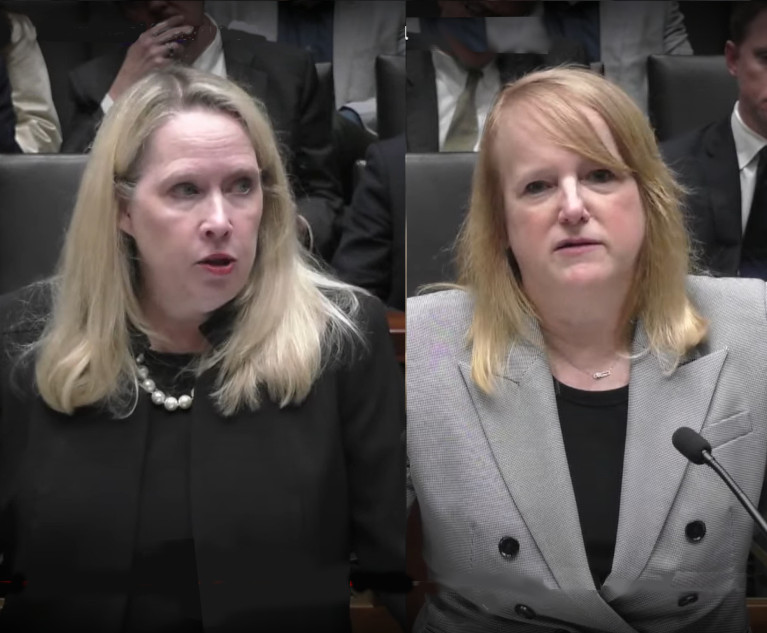 Credit: sirtravelalot/Shutterstock.com
Credit: sirtravelalot/Shutterstock.com
Energy disputes are Texan. They involve fights over substantial capital, with innovative and technical subject matters that require transforming information and arcane terminology into streamlined narratives. The shale revolution resulting from hydraulic fracturing and horizontal drilling has caused a sizable amount of litigation including disputes over title, partnership rights, technology ownership, and deals gone badly. A shift in the subject matter of some disputes from traditional oil and gas to clean energy will underscore the need to understand the technology and nomenclature at issue. Success requires big picture focus and prioritizing the truly important, while explaining complex concepts through language that is easy to understand and memorable.
This content has been archived. It is available through our partners, LexisNexis® and Bloomberg Law.
To view this content, please continue to their sites.
Not a Lexis Subscriber?
Subscribe Now
Not a Bloomberg Law Subscriber?
Subscribe Now
LexisNexis® and Bloomberg Law are third party online distributors of the broad collection of current and archived versions of ALM's legal news publications. LexisNexis® and Bloomberg Law customers are able to access and use ALM's content, including content from the National Law Journal, The American Lawyer, Legaltech News, The New York Law Journal, and Corporate Counsel, as well as other sources of legal information.
For questions call 1-877-256-2472 or contact us at [email protected]








